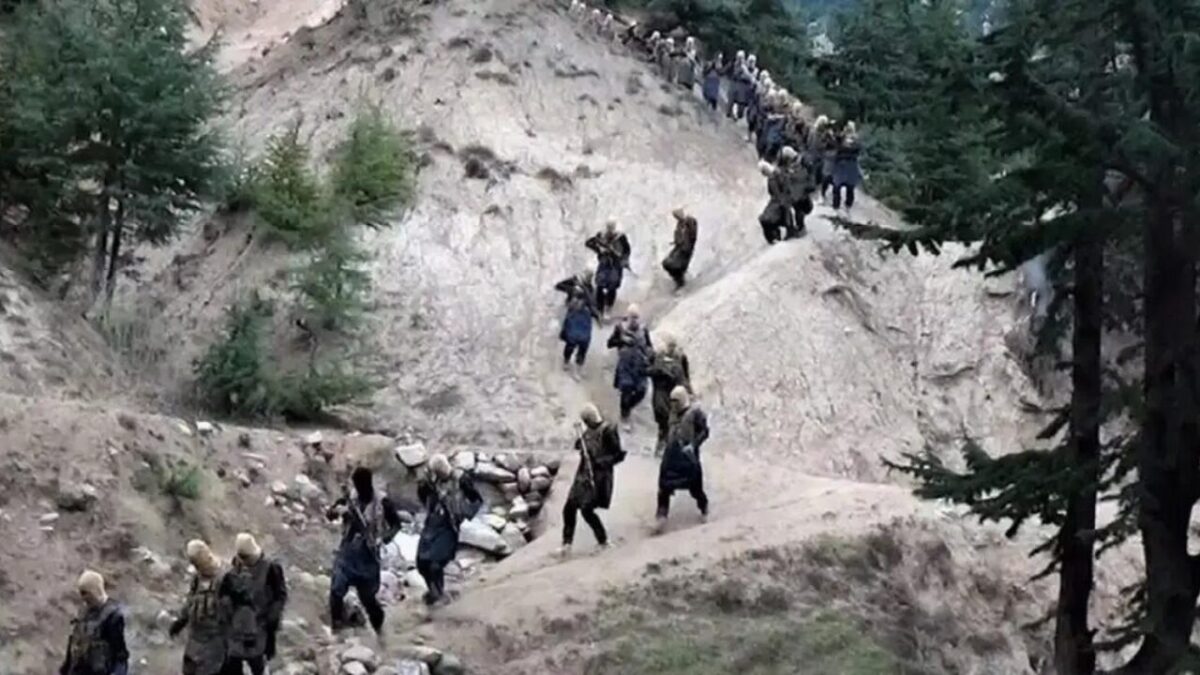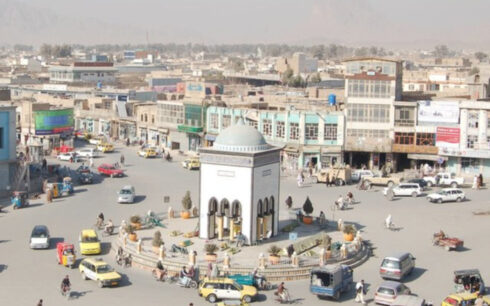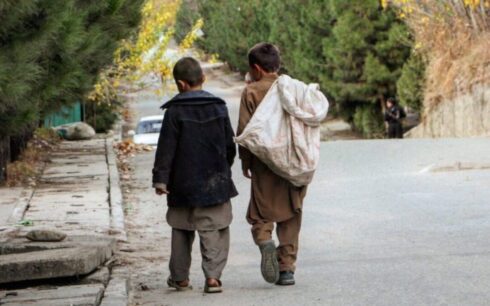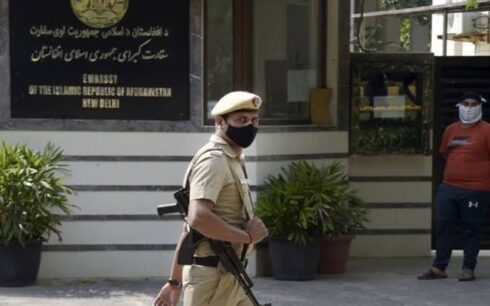KABUL, Afghanistan — The Taliban on Saturday pushed back against recent remarks by Pakistan’s defense minister, Khawaja Asif, accusing Islamabad of supporting the Islamic State and other extremist groups.
Hamdullah Fitrat, the Taliban’s deputy spokesperson, said in an audio message, “ISIS operates within Pakistani territory. It seems that ISIS and some other groups may have been granted permission to operate under the support of the Pakistani government.”
Fitrat’s comments followed a statement by Mr. Asif on X, formerly known as Twitter, in which he cited a recent United Nations report claiming that more than two dozen terrorist organizations, including Tehrik-i-Taliban Pakistan (TTP), Al Qaeda, the Islamic State Khorasan Province (ISKP), the East Turkestan Islamic Movement (ETIM), and the Islamic Movement of Uzbekistan (IMU), were active in Afghanistan.
Mr. Asif added that Afghanistan “remained the hub for ISKP’s recruitment and facilitation in 2024,” referring to the regional affiliate of ISIS, which has been a growing concern for countries in the region.
The presence of militant groups in Taliban-governed Afghanistan has been a recurring subject of tension and concern at regional security meetings. Countries including Russia, Iran, and China—viewed as allies or diplomatic partners of the Taliban—have repeatedly called on the group to ensure that Afghan soil is not used for activities targeting its neighbors.
At the Moscow Format meeting on Afghanistan last year, regional powers underscored the necessity for the Taliban to fulfill their international obligations to prevent terrorist activities emanating from Afghan territory.
Relations between Pakistan and Afghanistan have become increasingly strained, with both sides accusing the other of harboring militants responsible for cross-border violence. While the Taliban deny providing sanctuary to groups such as the TTP, experts say that resolving these mutual accusations is critical to addressing the broader security challenges in the region.





